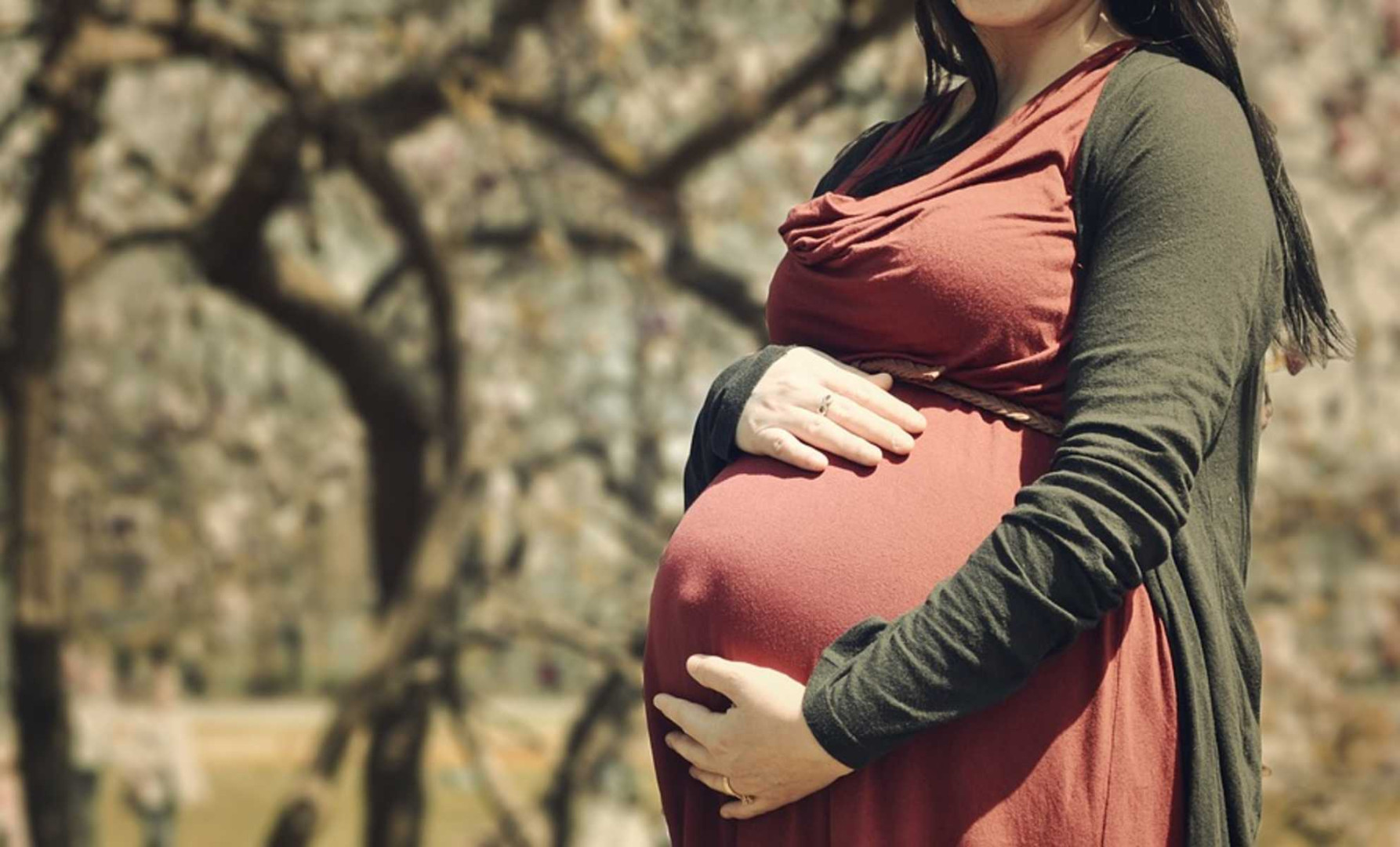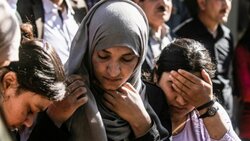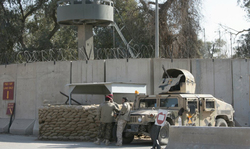Conceiving Hope: navigating the religious, legal, and emotional landscape of egg donation in Iraq

Shafaq News/ For many Iraqi women, the journey to motherhood is fraught with challenges due to health concerns, leading to a significant dilemma. While modern medicine presents a solution through the implantation of donated eggs for infertile women, conflicting religious rulings often impede their path to experiencing motherhood and having children.
In this regard, Iraq's top Shi'ite cleric, Grand Ayatollah Ali al-Sistani, has issued fatwas permitting the transfer of a "foreign" woman's egg to another woman under specific circumstances; in contrast, many Shiite and Sunni religious leaders oppose this practice, which prevents many women from the opportunity to enhance their lives and preserve their marriages and having babies.
The inability to conceive often leads some men to consider marrying another woman for procreation, and in some cases, divorce is sought from partners who are unable to bear children.
A female is born with millions of immature eggs in her ovaries, and low egg supply or quality can reduce women's chances of pregnancy and lead to infertility. A major factor in decreasing the egg supply is aging; women over 35 have sharply lower chances of pregnancy as they age.
Egg donation is a process in which a fertile woman offers her eggs to another woman for purposes of reproduction. Eggs are donated by women aged between 18 and 35 years old or by young women undergoing assisted reproduction whose oocytes are redundant in their own treatment or who just wish to donate them, after conducting the necessary tests. The embryo is implanted into the infertile woman's uterus after growing in the laboratory for the first stages, as specialists say.
Numerous infertile women are compelled to seek treatment in Iran, Lebanon, and Turkiye, emerging as popular destinations for such procedures. Despite this, certain Islamic jurists prohibit this method, leading to a host of legal complications primarily centered around concerns regarding the mixing of lineages and the potential loss of maternal identity.
A social researcher, who preferred to remain anonymous, shared her insights on the matter, stating, "Women undergoing such procedures often experience psychological distress stemming from their infertility, leading to emotional turmoil and an overwhelming desire for children."
Speaking to Shafaq News Agency, she further elaborated, "Some women harbor concerns about the stability of their marriage if they are unable to conceive, as their husbands may seek to have children and even consider marrying another woman for that purpose."
"As a result, some women may feel compelled to seek treatment in countries like Lebanon or Iran. However, the psychological burden on these women persists even after the birth of a child, as they may struggle with feelings of detachment, knowing that the child is not biologically theirs and did not come from their womb."
Sheikh Marwan al-Abidi, the executive director of the Supreme Complex for Sufism in Iraq, stated to Shafaq News Agency, "The donation of eggs from one woman to another is deemed impermissible because the recipient is considered a foreign woman in relation to the man's sperm, rendering the practice forbidden as it involves the mixing of lineages and the potential loss of maternal identity."
Al-Abidi highlighted that "alternative procedures exist, such as the scientific concept of creating artificial uteruses. In cases where lineage mixing is avoided - where the egg belongs to the original wife and the sperm to the original husband - such practices are permissible according to religious guidelines."
The representative of Iraq's top Shi'ite cleric, Grand Ayatollah Ali al-Sistani, in the capital, Baghdad, Sheikh Muhammad al-Sanjari, conveys the opinion of al-Sistani and other clerics on this matter, confirming that it is "legitimate."
He explains, "If a woman encounters a complication during pregnancy, there is no objection to transferring an egg from a donor woman to her uterus, provided that all four parties involved consent to the procedure - namely, the egg donor and her husband, as well as the woman receiving the egg and her husband."
He affirms, "There are no restrictions on transferring a woman's own egg, but the prohibition lies in transferring a foreign man's sperm to the uterus of a different woman."
Regarding the issue of lineage discrepancies and the process of establishing it in court, lawyer Muthanna Hameed Hayawi explains, "If the husband contests the paternity of a child conceived from an egg fertilized by a man other than himself and implanted in his wife's uterus, claiming that the child is biologically linked to both his wife and another woman, the judge will seek guidance from relevant medical experts to determine the true biological mother."
Hayawi further explains to Shafaq News Agency that "in cases involving contested lineage, it is imperative to establish the biological connection to another mother before lineage can be denied. Thus, the legal proceedings become dual in nature, encompassing both the denial and proof of lineage. Should the father seek to disavow the child's lineage from his wife, the true biological mother who provided the egg must be identified."
He emphasizes, "An additional complexity arises in such situations: is the child considered a product of adultery? Given that adultery necessitates direct physical involvement, which is absent in this scenario, the judiciary will need to adopt a nuanced approach, possibly recognizing the woman who provided the egg as the child's legal mother."





